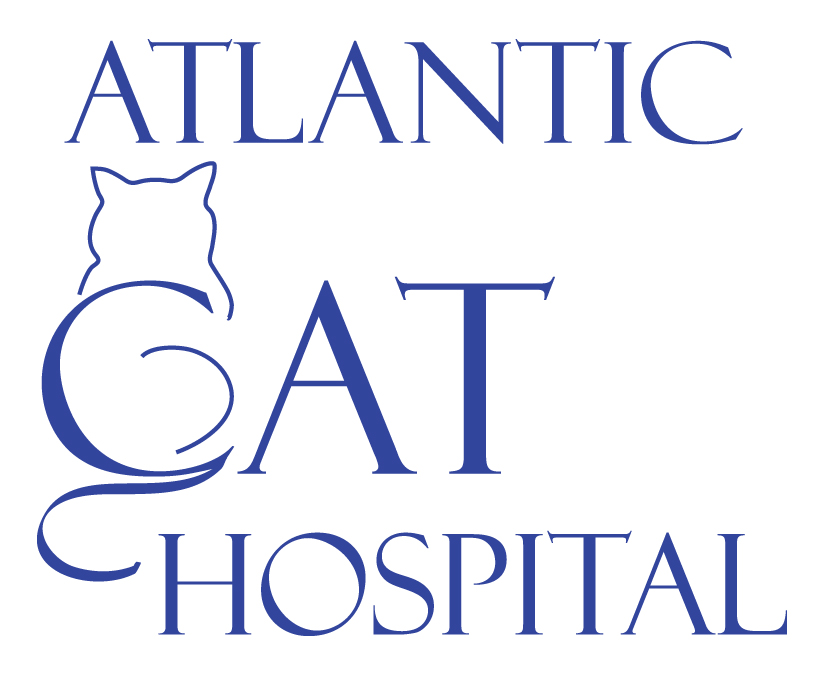Library
-
Atovaquone is given by mouth and is used off-label to treat protozoal infections. Give as directed. Side effects are uncommon but may include stomach upset or skin rash. Do not use in pets that are pregnant. If a negative reaction occurs, contact your veterinarian as soon as possible.
-
Azithromycin is given by mouth or injection and is used on and off-label to treat a variety of infections. Give as directed. Common side effects include stomach upset. Do not use in pets that are sensitive to macrolide antibiotics. If a negative reaction occurs, please call your veterinary office.
-
The ear mite is a surface mite that lives on cats, dogs, rabbits, and ferrets. It is usually found in the ear canal, but can also live on the skin surface. Mites are barely visible to the naked eye. Clinical signs of infestation may include ear irritation leading to scratching at the ears or head shaking, dark discharge from the ear, areas of hair loss from self-trauma, a crusted rash around or in the ear, or aural hematoma.
-
Fluralaner is given by mouth or applied topically and is used to treat flea and tick infestations, and also off-label to treat certain types of mange and mites. Give as directed. Side effects are uncommon but may include stomach upset or neurologic symptoms. Do not use in pets with a history of seizures. If a negative reaction occurs, please call the veterinary office.
-
Imidocarb dipropionate is an injectable medication that is administered by a veterinarian to treat babesiosis in dogs. It is also used off-label to treat other protozoal infections in dogs, cats, and horses. Most common side effects include mild drooling, tearing, vomiting, or nasal drip. Do not use in pets with exposure to cholinesterase-inhibiting drugs, pesticides, or chemicals. If a negative reaction occurs, please call your veterinary office.
-
Metronidazole is given by mouth or injection and is used off-label to treat certain anaerobic bacterial and protozoal infections and gastrointestinal conditions in dogs, cats, and other animals. Give as directed. Side effects may include nausea, vomiting, diarrhea, regurgitation, decreased appetite, tiredness, and drooling. Do not use in pets that are allergic to it, are debilitated, or are pregnant or nursing. If a negative reaction occurs, contact your veterinarian.
-
Moxidectin is an avermectin antiparasitic that is used to prevent heartworms and treat intestinal parasites. Imidacloprid treats and prevents fleas. These two drugs are combined in one topical product for use in cats, dogs, and ferrets. Use as directed. Side effects are uncommon and usually short-lived, however, if you suspect an overdose or an adverse reaction to the medication, call your veterinary office immediately.






